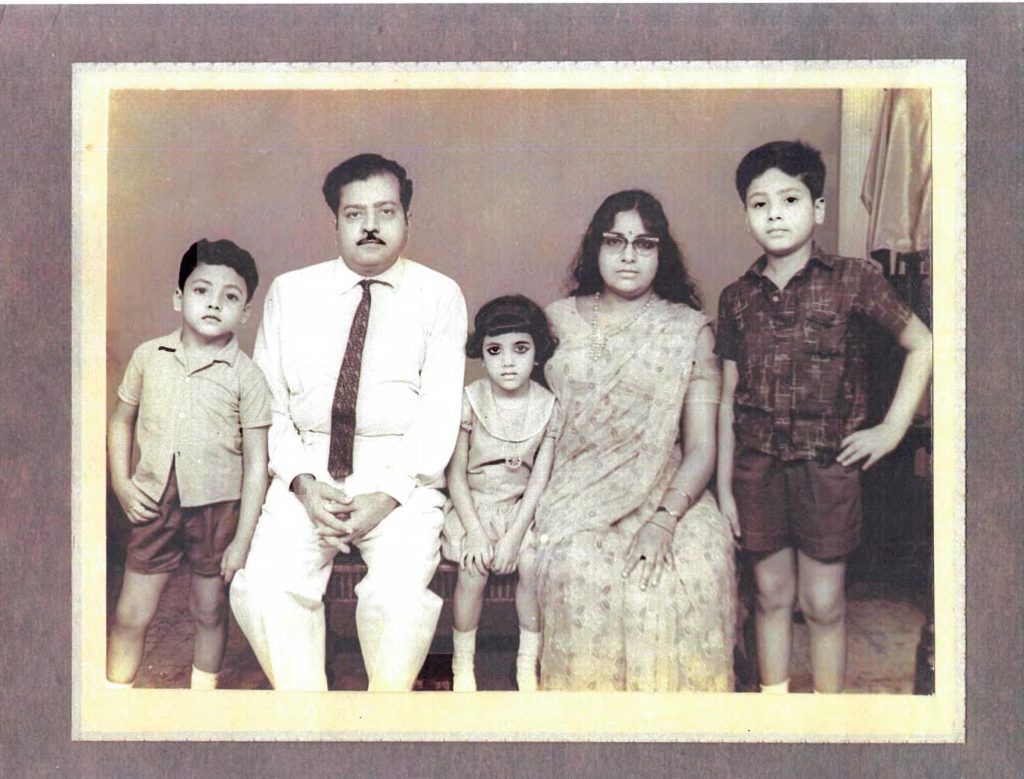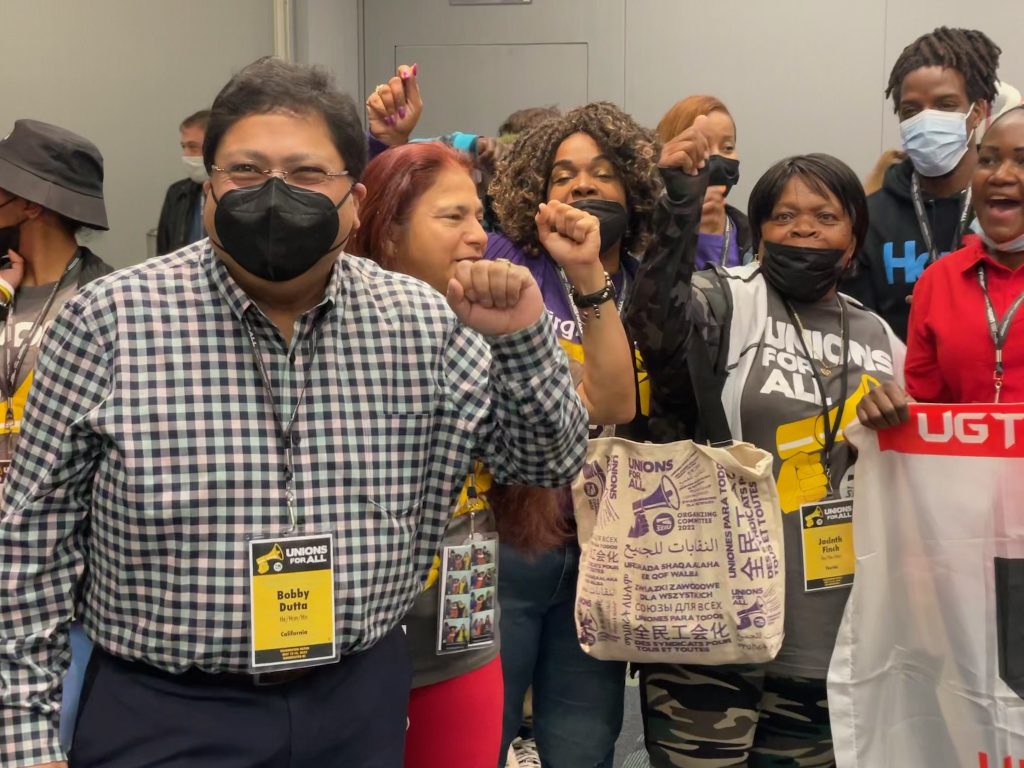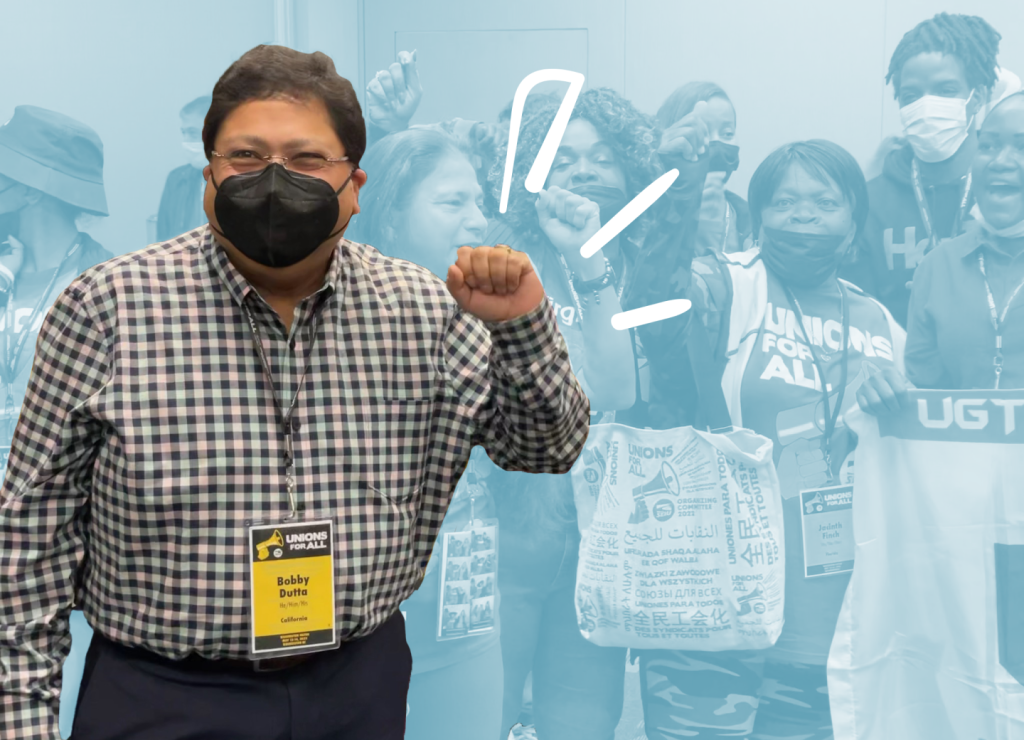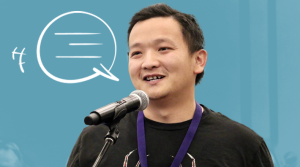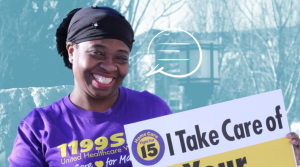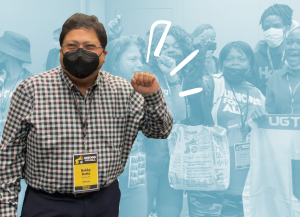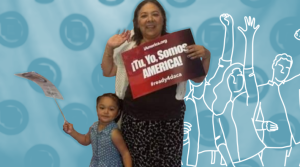Waxaan ku dhashay kuna barbaaray Hindiya oo waxaan imid Maraykanka anigoo dhalinyaro ah dabayaaqadii 1970-meeyadii. Sheekada kala tagga qoyskeyga waxay bilaabatay anigoo 9 jir ah. Ayeeyday, oo markaas ku noolayd Scotland, way bukootay, markaa hooyaday waxay go'aansatay inay ka tagto Hindiya si ay u daryeesho. Waxay damacday inay kaxayso walaashay iga yar, halka aniga iyo walaalkay oo 7 jir ah aanu la joogno qaraabada. Laakiin walaalkay iga yaraa wuu naxay, reerkayagu ma ay doonaynin inay soo geliyaan, markaasay lacag ku filan isu geeyeen oo ay hooyaday soo raaceen, anigana way iga tageen. Sababtoo ah aabbahay wuxuu u shaqeeyay wasaaradda West Bengal - gobol kale - waxaa la ii diray inaan la noolaado walaashiis, eeddaday.
Ma odhan lahaa waxaan haystay nolol adag. Baahiyahaygii aasaasiga ahaa waa la daboolay, laakiin waxay ahayd dareen naxdin leh in aan kala go'ay qoyskayga dhow muddo dheer. In kasta oo ay eeddaday i jeclayd, haddana dadka kale oo dhan way ka cabsanayeen iyada. Waxay ahayd "xoog dabeecadda" dhab ah. Marxaladdan nolosheyda waxaan dareemay hubaal la'aan iyo deggenaansho la'aan. Halkee ayaan aadi lahaa dugsiga? Ma aadi lahaa Scotland? Goorma ayay hooyaday soo noqonaysay? Markii ay ayeeyaday xaaladeeda sii cakirantay, hooyaday waxay sii joogtay waqti dheer, sidaas darteed waxaan ka maqnaa qoyskeyga shan sano oo caruurnimadaydii ah.
Waxay ku dhammaatay inay u safarto California si ay ula midoobo walaalkeed. Iyagoo garwaaqsaday in hooyaday aysan ku laaban doonin Hindiya waqti dhow, qaraabadu waxay bilaabeen dadaal ay igu caawiyaan inaan dib ula midoobo. Tani waxay qaadatay wakhti sababtoo ah nidaamka socdaalka ee Maraykanku waa caqabad.
Anigoo 14 jir ah, waxaan u socdaalay Kanada – taas way ii fududayd – waxaana la noolaa eeddo kale, hooyaday walaasheed, oo aanan garanayn. Shaqadayda gurigeeda waxa ay ahayd in aan ilmo haliyo inantayda 3 jirka ah oo runtii gacan-yaraan ah, laakiin ma aan caban karin sababtoo ah waxaan ahaa marti, oo aan la noolahay shisheeye dhul shisheeye ah.
Waxay ahayd sannad iyo badh kale ka hor inta aan waraaqahayga loo oggolaan inaan u safro Maraykanka Anigoo 15 jir ah, waxaan ku biiray hooyaday iyo walaalahay ee Aagga California Bay. Waxaan markaas ku noolayn magaalada Pittsburgh, halkaas oo kiradu ay jaban tahay. Waxaan ku hadlay Ingiriis oo leh lahjad Hindi dhumuc weyn leh. Sheeko qosol leh oo aan had iyo jeer xasuusan doono: hal mar, anigoo dhar-dhaqanaya goobta dharka lagu dhaqdo, ayaa ilmo ii yimid oo i weydiiyay wax u eg "Ka waran biirka?" Waxaan ku idhi ma cabin biirka. Waxa uu run ahaantii yidhi, "Sidee ahayd?" In kasta oo ay jiraan caqabado xagga luqadda ah, haddana waxaan yeeshay saaxiibo badan.
Markii aan dib ula midoobay qoyskayga, walaashay iga yar iyo walaalkay kuma hadlin afkeenna hooyo, sidaas darteed waxaan ku wada xiriirnay Ingiriis. Hooyadeen waligeed sifiican uma fahmin Ingiriisida, mararka qaarna caruurteena waxaan ku hadli jirnay Ingiriis si aysan u fahmin. Nasiib darrose, waxaa jiray caqabado badan markii ay u soo haajirtay Mareykanka Dhib malahan in ay kuliyad wax ku soo baratay Hindiya; weligeed maysan ka heli karin Maraykanka shaqo u dhiganta xirfadaheeda. Hindiya, waxay u shaqaynaysay geyoloji ahaan dawladda Hindiya; waxay ahayd shaqo miis, waxayna ku lahayd xafiis ku dheggan madxafka Hindiya. Halkan, waxay LVN ka ahayd guriga dadka lagu xanaaneeyo waxayna shaqaynaysay habeenkii sababtoo ah waxay ahayd shaqada kaliya ee ay heli karto.
Mar mar, hooyaday fiisaha ayaa ka dhacay Maraykanka, waxayna noqotay mid ka baxday xaalad. Hanjabaadda masaafurinta ayaa had iyo jeer madaxeeda dul saarnaa. Waxay noqotay qof neerfaysan oo wax walba ka baqday.
Aniga iyo walaalkay aad baan u dagaalannay markaan wada joogno, laakiin waxaan lahayn deris na soo raadiya: Stanley, oo deris ah, oo aan mararka qaarkood la sheekaysan jiray; iyo Mary, oo ah qofka ugu soo dhawaynta badan ee had iyo jeer noo keeni jiray cunto Filibiin. Ka dib, waanu kafaalo qaadnay aabbahayo, in kasta oo aanu runtii rabin inuu yimaado Maraykanka, wuxuu hore u ahaa da' weyn oo ku raaxaystay Hindiya, waxaana ay ahayd inaan halkan ku jiido. Laakin waalidkay waxa ay ku danbeeyeen in ay wada noolaadaan ilaa ay hooyaday xanuunsatay. Hooyaday iyo aabahay waa ay geeriyoodeen ilaa hadda.
Waxa aan qaatay dhalasho Maraykan ah aniga oo 24 jir ah. Guushayda iyo qoyskayga waxa ugu badan sabab u ah go'aanka jinsiyadda. Waxaan sii waday in aan sameeyo ganacsi guul leh, muwaadin ahaan, waxaan u qalmay fursadaha iyo maalgelinta si aan u shaqaaleysiiyo shaqaale iyo qandaraas-hoosaadyo si aan u noqdo shaqo-bixiye wanaagsan dadka kale. Safarkaygu ma ahayn mid fudud, waxaanan ogahay sheekoyin badan oo kale oo soogalootiga ah oo aniga oo kale ah, halkaas oo caruurtu ay kala soocaan waalidkood oo ay u safraan dalal aysan aqoon keligood. Waayo-aragnimadayda awgeed, waxaan u ololeeyaa nidaam u oggolaanaya qoysaska inay mar dhow dib u midoobaan.
